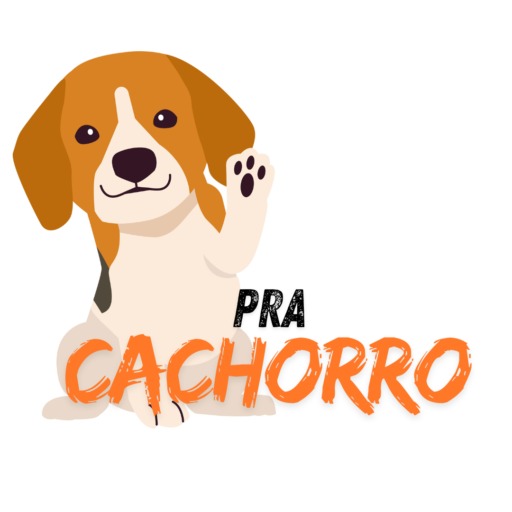Hydration plays a crucial role in maintaining your dog’s overall health. Just like humans, dogs need water to regulate body temperature, aid digestion, transport nutrients, and eliminate toxins.
However, ensuring your dog drinks enough water can be a challenge, especially on hot days or if your pet is picky.
In this article, we will explore the importance of hydration and share practical tips to keep your dog properly hydrated.
Why is Hydration So Important?
Water is essential for almost all bodily functions in dogs. It helps regulate body temperature, lubricates joints, promotes healthy digestion, and supports blood circulation. Lack of water can lead to dehydration, a dangerous condition that may cause lethargy, kidney problems, and even severe complications if left untreated.
Tip: The ideal amount of water intake varies based on your dog’s weight, age, diet, and activity level. As a general rule, dogs need about 50 to 60 ml of water per kilogram of body weight per day.
Signs of Dehydration in Dogs
Recognizing dehydration signs is crucial for quick action. Common symptoms include:
- Dry or sticky gums
- Sunken or dull eyes
- Lethargy or lack of energy
- Loss of skin elasticity (when gently pulling the skin, it takes longer to return to its normal position)
- Dark or reduced urine output
If you notice any of these signs, offer water immediately. In severe cases, seek veterinary attention.
Tips to Ensure Your Dog Drinks Enough Water
1. Always Provide Fresh Water
Change your dog’s water at least twice a day to keep it fresh and clean. On hot days, add ice cubes to keep it cool longer.
2. Use Appealing Water Bowls
Some dogs prefer ceramic or stainless steel bowls since plastic ones can retain odors. Experiment with different types of bowls to see which your dog prefers.
3. Place Multiple Water Bowls Around the House
Having water bowls in different areas of your home, especially where your dog spends the most time, makes drinking more accessible and encourages hydration.
4. Add Flavor to the Water
If your dog resists drinking water, try adding a bit of unsalted chicken or beef broth to make it more appealing.
5. Include Moist Foods in the Diet
Wet food or natural foods high in water content, like seedless watermelon and cucumber, can help supplement hydration.
6. Encourage Drinking After Activities
After walks or intense playtime, offer water immediately. Ensure your dog drinks slowly to prevent choking or discomfort.
7. Use Pet Water Fountains
Pet water fountains keep water circulating, making it more attractive for many dogs to drink.
Hydration on Hot Days and Special Situations
During hot weather, dehydration risks increase, especially for short-nosed breeds (brachycephalic) like Pugs and Bulldogs or older dogs. Ensure your dog has access to shade, avoid walks during peak heat hours, and offer water frequently.
If your dog is sick or recovering, hydration becomes even more critical. Consult a veterinarian for ways to ensure adequate fluid intake, such as using pet electrolyte solutions.
Benefits of Proper Hydration
Keeping your dog well-hydrated offers numerous benefits, including:
- Kidney Health: Water helps flush out toxins and prevent kidney stones.
- Healthy Skin and Coat: Proper hydration contributes to a shiny coat and healthy skin.
- Increased Energy: A well-hydrated dog is more energetic and playful.
- Better Digestion: Water aids the digestive process and helps prevent constipation.
Conclusion
Hydration is a key pillar of your dog’s health. Ensuring your pet drinks enough water is a simple but crucial task that significantly impacts their quality of life and well-being. Pay attention to your dog’s water intake, watch for dehydration signs, and implement these tips to promote regular drinking. With daily care and attention, you can help your furry friend live a healthier and happier life.
Frequently Asked Questions
1. How much water should my dog drink daily? On average, dogs need 50 to 60 ml of water per kilogram of body weight per day, though factors like climate, diet, and activity level can affect this amount.
2. Is it normal for my dog to drink very little water? If your dog drinks little water, check if they are getting moisture from wet food. Otherwise, encourage drinking and consult a vet if the behavior persists.
3. How can I tell if my dog is dehydrated? Signs of dehydration include dry gums, lethargy, sunken eyes, and slow skin elasticity recovery. If these symptoms appear, provide water and consult a vet if necessary.
4. Can I give my dog coconut water? Yes, in small amounts and occasionally. Coconut water can be a hydrating treat, but it should be unsweetened and free from preservatives.
5. Is it safe to add broth to my dog’s water? Yes, as long as the broth is natural, unsalted, and free from spices or preservatives. It can make water more appealing for dogs that drink less.



